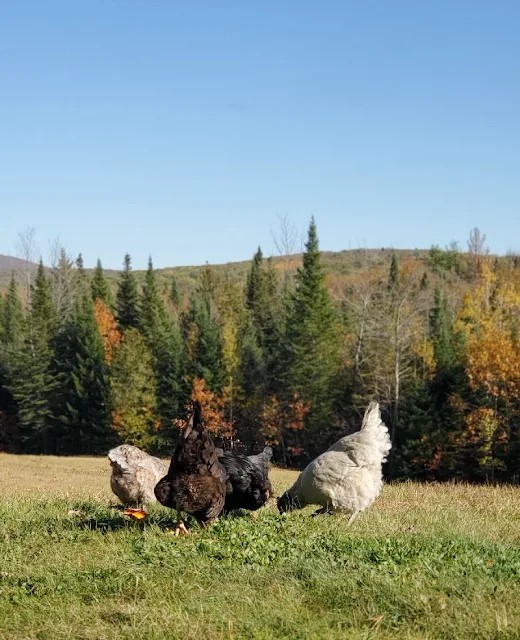Adding protein to your chickens’ diet, especially during molting season, can be beneficial. But should you consider cat food as a protein source? Let’s explore whether chickens will eat cat food, its potential benefits and risks, and, most importantly, healthier alternatives for your feathered friends.
Chicken Nutrition: What Do Chickens Need?
Typically, chickens obtain the necessary protein from a high-quality commercial layer feed. This feed is designed to meet their daily nutritional requirements, supplemented by the insects, worms, and other invertebrates they forage in the yard. They also get a surprising amount of protein from grasses and weeds. During molting, when chickens lose and regrow their feathers (which are primarily protein), their protein needs increase. This is where supplements are most often considered.
Molting Season and Chicken Feed: Special Considerations
During molting, which usually happens in the fall, you might wonder if you need to alter your flock’s diet. The answer depends on your specific setup.
While some poultry keepers switch to a higher protein grower feed or even game bird feed during molting, others stick with layer feed year-round. If you have young chickens still laying, maintaining them on layer feed ensures they receive adequate calcium for egg production. Chick starter feed, given to chicks for the first 8 weeks, is also higher in protein and can be offered during molting, especially if you have leftover bags to use up.
It’s important to note that chickens generally don’t lay eggs while heavily molting, reducing their need for the extra calcium in layer feed. A little starter or grower feed won’t hurt.
Can Chickens Eat Cat Food? The Drawbacks
The question then arises: can I feed my chickens cat food? Cat food, both canned and dry, is high in protein, leading some to consider it a convenient option. However, feeding cat food to chickens is generally not recommended. Here’s why:
- Formulated for Cats: Cat food is specifically formulated to meet the nutritional needs of cats, not chickens. It often contains additives and ingredients that are not beneficial, and possibly even harmful, to chickens.
- Unnecessary Additives: Cat food is fortified with nutrients that chickens don’t require, potentially leading to imbalances in their diet.
Healthier Protein Sources for Molting Chickens
If you’re looking to boost your chickens’ protein intake, several healthier and more suitable options are available:
- Canned Fish: Sardines, mackerel, and other canned fish are excellent sources of protein for chickens. They provide essential nutrients without the unnecessary additives found in cat food. Plus, it is often cheaper!
- Eggs: Cooked eggs are a readily available and protein-rich treat that chickens enjoy. Scrambling or hard-boiling them minimizes the risk of egg-eating behavior. Feeding eggs back to your chickens will not make them start eating their own eggs.
- Poultry & Meat: Cooked chicken, turkey, beef, lamb, or pork scraps are all excellent protein sources. Chickens can even safely pick at poultry carcasses. Hunters often provide their flock with trimmings after processing game.
- Mealworms: Dried mealworms are a favorite among chickens and are exceptionally high in protein. You can even raise your own live mealworms.
- Nuts and Seeds: Pumpkin seeds, sunflower seeds, walnuts, almonds, and peanuts (unsalted) offer a healthy protein boost.
- Sprouts: Sprouted beans and legumes like mung beans, peas, or lentils are nutritious treats and easy to grow yourself.
Conclusion: Prioritize Chicken-Specific Nutrition
While chickens may be tempted to eat cat food, it’s not the best choice for their health. Focus on providing a balanced diet with high-quality layer feed and supplementing with safe and nutritious protein sources like fish, cooked eggs, meat scraps, and mealworms.
Remember to limit treats to no more than 10% of their total diet. A good rule of thumb is about 1 tablespoon per hen per day. By prioritizing chicken-specific nutritional needs, you’ll ensure a healthy and happy flock, even during molting season.
